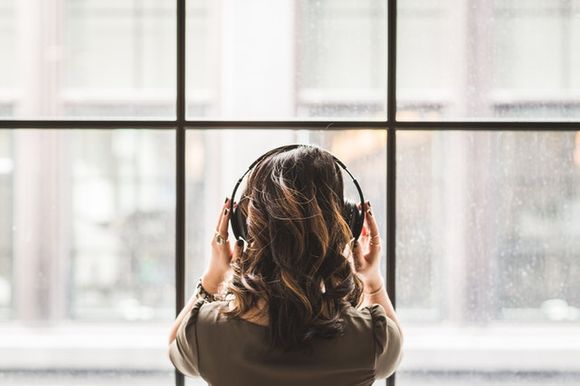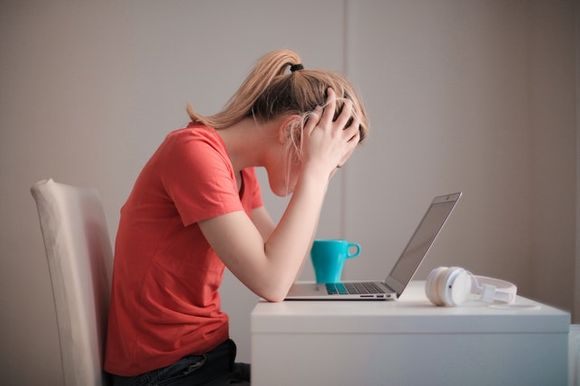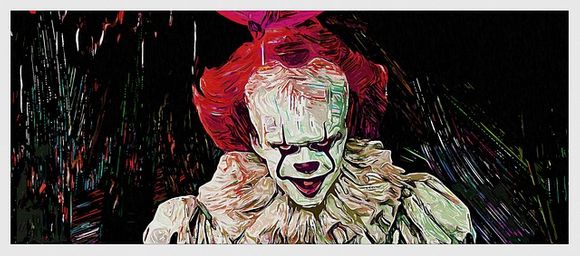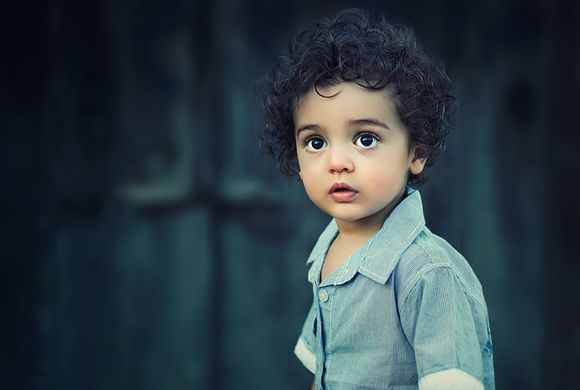Author: Sylvia Marinova, PhD student in the Genomic Stability Laboratory at BAS
Anxiety is a normal human emotion and this is especially true for children. It often occurs in response to environmental change and is accompanied by feelings of anxiety or fear. This is a completely natural part of any childhood, as these reactions represent an instinct for self-preservation that has evolved as a defense mechanism when danger arises to help us escape or protect ourselves from it.
However, some children and adolescents respond more strongly to external stimuli and find it more difficult to control their emotions. This leads to a change in their behavior, which is expressed in nervousness, shyness, prolonged fear, avoidance of certain places or activities.
When does anxiety occur

More and more studies have shown that anxiety is the earliest psychopathology. It follows that it is also the most common [ref.1] one in children and adolescents - between 15% and 20% of them are affected. However, it is worth noting that anxiety disorders are divided into different types, and accordingly they have different peak age of manifestation. For example, at the earliest, certain specific types of phobias (such as phobias to animals) are manifested, often before the age of 12, while social phobia usually occurs in late childhood or adolescence.
How to recognize that our child suffers from anxiety

As mentioned in the introduction of the article, But if it does not want to leave the home so that it does not meet the dog, we may now suspect more serious anxiety. These phenomena are disturbing, but in most cases they are transient and children "grow up" for a certain period of time.
Another reason creating difficulty in diagnosing is communication. On the one hand, it is possible that the child may not be able to explain his emotions and feelings accurately enough, and on the other hand each toddler develops his or hercommunication skills at a different pace and this can be a misleading factor in judgment.
Anxiety disorders can make our child feel stressed, shy, ashamed or have a panic attack. Some signs [ref.2] may include:
- Disturbed sleep and frequent nightmares
- Unyding worry and anxious thoughts
- Difficult concentration
- Easy irritability
- Impaired appetite
- Constant crying
- Abdominal pain, and sometimes even diarrhea
- Headache
If we notice that these symptoms occur often in our child and prevent him from doing things that other children his age do, participate in school and social activities or avoid certain situations, and this does not go away with time, then it is necessary to seek professional help from a specialist in children's mental health.
What anxiety disorders children suffer most from

- Social anxiety - in this type of anxiety, the child is worried about communicating with strangers or little-known people.
- Separation anxiety - babies between the ages of 1 and 3 are disturbed, if the child is older and difficult to separate with the parents or another family member to whom it is attached, it is very likely that they will have a strong fear of separation.
- Specific phobia - the term phobia derives from the Greek word "phobos" and means a strong irrational fear of a specific object, activity or situation.
How serious can anxiety be
In the long run, anxiety has an adverse effect on the development of the child's personality, on his social and school life. In addition, some studies show that children's anxiety predisposes to other anxiety disorders later in life, depression or substance abuse. Suicidal thoughts may also occur.

How anxiety is treated
At our first suspicion of our child's anxiety disorder, it is necessary to make an appointment with a specialist. He will be able to diagnose, if any, determine the severity of the anxiety and prescribe treatment. Treatment options are therapy or medication. Of the therapies, cognitive-behavioral therapy is most often prescribed [ref.5]. Its purpose is to help children or adolescents cope with anxiety, become aware and control their emotions. Also part of it is working with family and parents, where she gives them guidelines on how to react and help their children deal with their fears.
How can you help your child
Here are a few tips for parents:
- Make an appointment with a specialist and attend the regularly appointed therapy
- Do not avoid things just because they make the child anxious - it is a solution only in the short term, but will not help the child overcome their fears
- Approach with care and understanding - the child needs to know that you have respect for his feelings and that he can trust you
- Encourage a child's small steps to master emotions and fears
- Do not show your concern - for example, in the case of the big dog of the neighbors, you should not show that you are also worried about how it will react the next time you pass by. In this way, you encourage fear not the child, showing him that he is justified.
- You can try alternative activities such as art therapy for children - often children can not express their emotions, but still for them it is possible through some kind of art
Still, the best advice is to be patient, show empathy and love for the child, and share the problems you encounter with your specialist. He will teach you how to predispose the child to trust you, to share their emotions and concerns with you.
Read more:
Food for good children's mental development since conception








